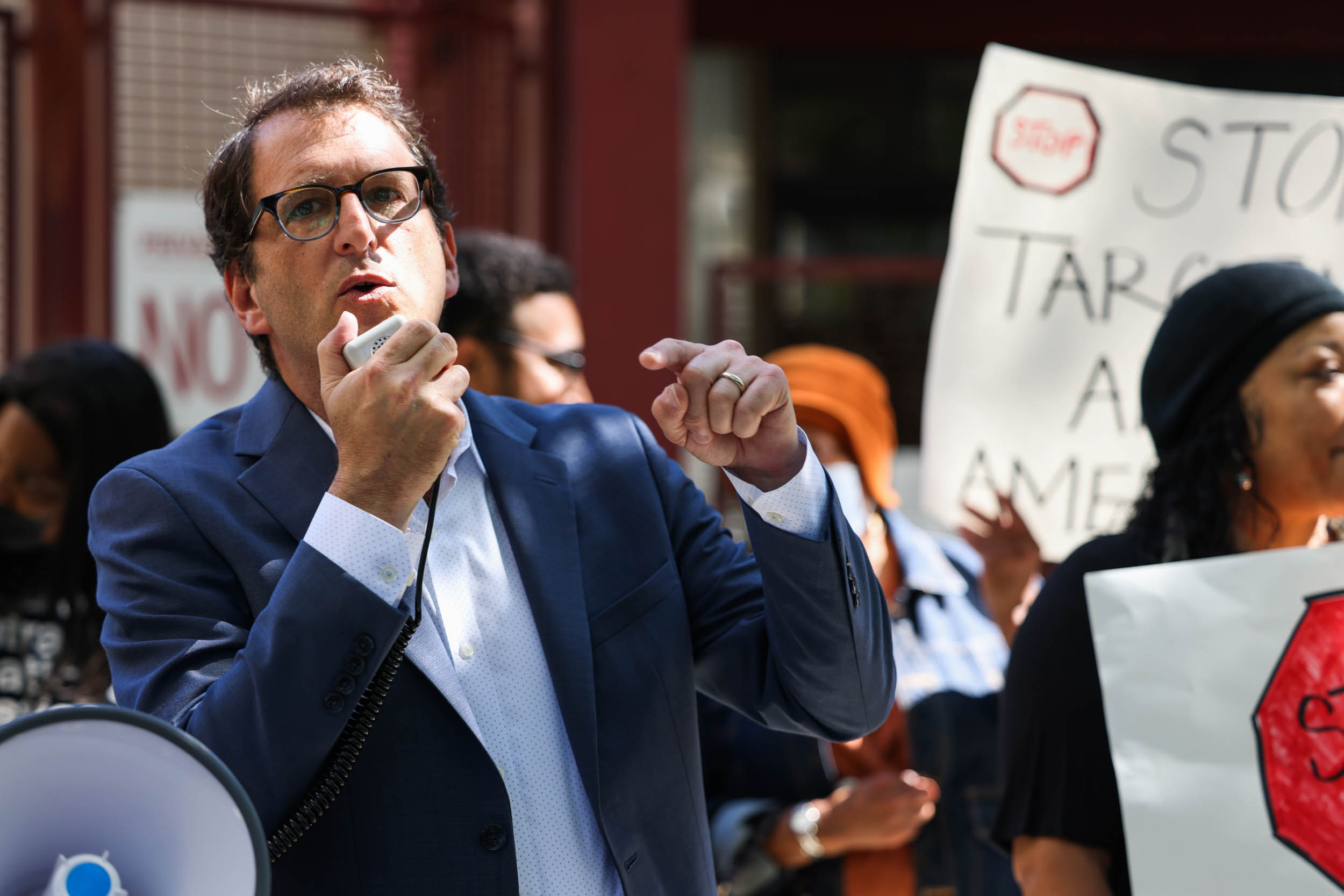As pandemic emergency orders end, local governments across the Bay Area are contending with how to taper off eviction protections for renters.
In San Francisco, Supervisor Dean Preston has introduced new legislation that would extend the local eviction moratorium to 60 days past when Mayor London Breed ends the proclamation of emergency that has been in place since February 2020.
An ordinance passed by the Board of Supervisors last year protects tenants in perpetuity for eviction for nonpayment of rent due to the pandemic between July 1, 2022, and whenever the emergency proclamation ends. The legislation also prohibits landlords from imposing late fees, penalties or similar charges on tenants who are unable to pay their post-July 2022 rent due to Covid.
There is no certainty on when the mayor’s emergency proclamation will end, but there is a likely deadline of May 11, when the Biden administration plans to end the federal state of emergency.
Regardless, the ordinance is meant to provide what Preston terms a “wind-down period” to keep San Franciscans in their homes and give them time to access rental relief funds.
“If we let protections expire overnight and without warning, we’re heading straight off an eviction cliff,” Preston said in a statement.
As a point of comparison, Berkeley voted to extend its moratorium until the end of August, while the Alameda County Board of Supervisors voted to allow its protections expire at the end of April.
“Extending these protections for 60 days beyond the declaration of emergency is a win-win, causing no real detriment to anyone, as the unpaid rent remains collectable even if not evictable,” Ora Prochovnick, director of litigation and policy at the Eviction Defense Collaborative said in a statement.
Local eviction moratoriums have come under criticism from some property owners, who said they have created financial hardship for landlords. Some have filed lawsuits to limit the policy.
Anne Stanley, communications manager for Mayor Breed’s housing office, said San Francisco’s Emergency Rental Assistance Program—the city’s local rental relief fund—has served more than 6,070 households in San Francisco with more than $47.2 million in financial assistance.
That leaves around $24 million left in the fund when the application portal is slated to reopen after being suspended in September due to a backlog of pending applications.
As opposed to the eviction moratorium, which only protects from eviction for nonpayment of rent due to hardship from the pandemic, the local rental relief fund has much wider eligibility.
